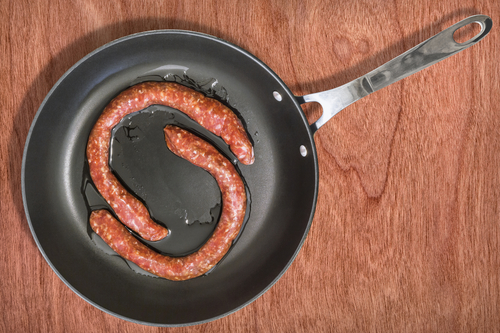Minister launches health probe into Dupont Dordrecht claims

Social affairs minister Lodewijk Asscher said on Tuesday he is launching a ‘far reaching investigation’ into two factories run by the Dupont chemicals company in Dordrecht, the AD reports.
The paper says the probe follows claims locals and staff may have been exposed to dangerous chemicals.
In March a report by the public health institute RIVM said people living close to the Dupont plant were for years exposed to higher than permitted levels of a chemical used in the making of Teflon.
Perfluorooctanoic acid, also known as C8, is classed as ‘potentially carcenogenic’ to humans by the World Health Organisation. In its report, the RIVM says locals were exposed to higher than legal amounts of the compound via the atmosphere from 1970 to 2002 but not via drinking water, the AD reported at the time.
Lycra
Problems have also been reported concerning Dupont’s lycra plant on the same site, involving a solvent known as DMAC, the AD said.
‘In the worst case scenario, the norm was broken for 25 years,’ the RIVM is quoted as saying. ‘An impact on health, such as on the liver, cannot be ruled out with such chronic exposure.’ An additional risk of cancer ‘would appear to be limited’.
Inspectors
Asscher told parliament in a briefing the claims are so serious that he wants to investigate how the company conducted its business and to find out if factory and other inspectors did a proper job.
‘This investigation will take a lot of time and require significant capacity from the labour inspectorate,’ Asscher said. The report is due to be completed in November.
Last October, Dupont was ordered to pay $1.6m in damages to a 59-year-old woman who alleged perfluorooctanoic acid had contaminated drinking water and contributed to her contracting kidney cancer.
Some 3,500 people say they became ill after the company dumped C8 into the Ohio River and their drinking water from its Washington Works plant in West Virginia.
Thank you for donating to DutchNews.nl.
We could not provide the Dutch News service, and keep it free of charge, without the generous support of our readers. Your donations allow us to report on issues you tell us matter, and provide you with a summary of the most important Dutch news each day.
Make a donation